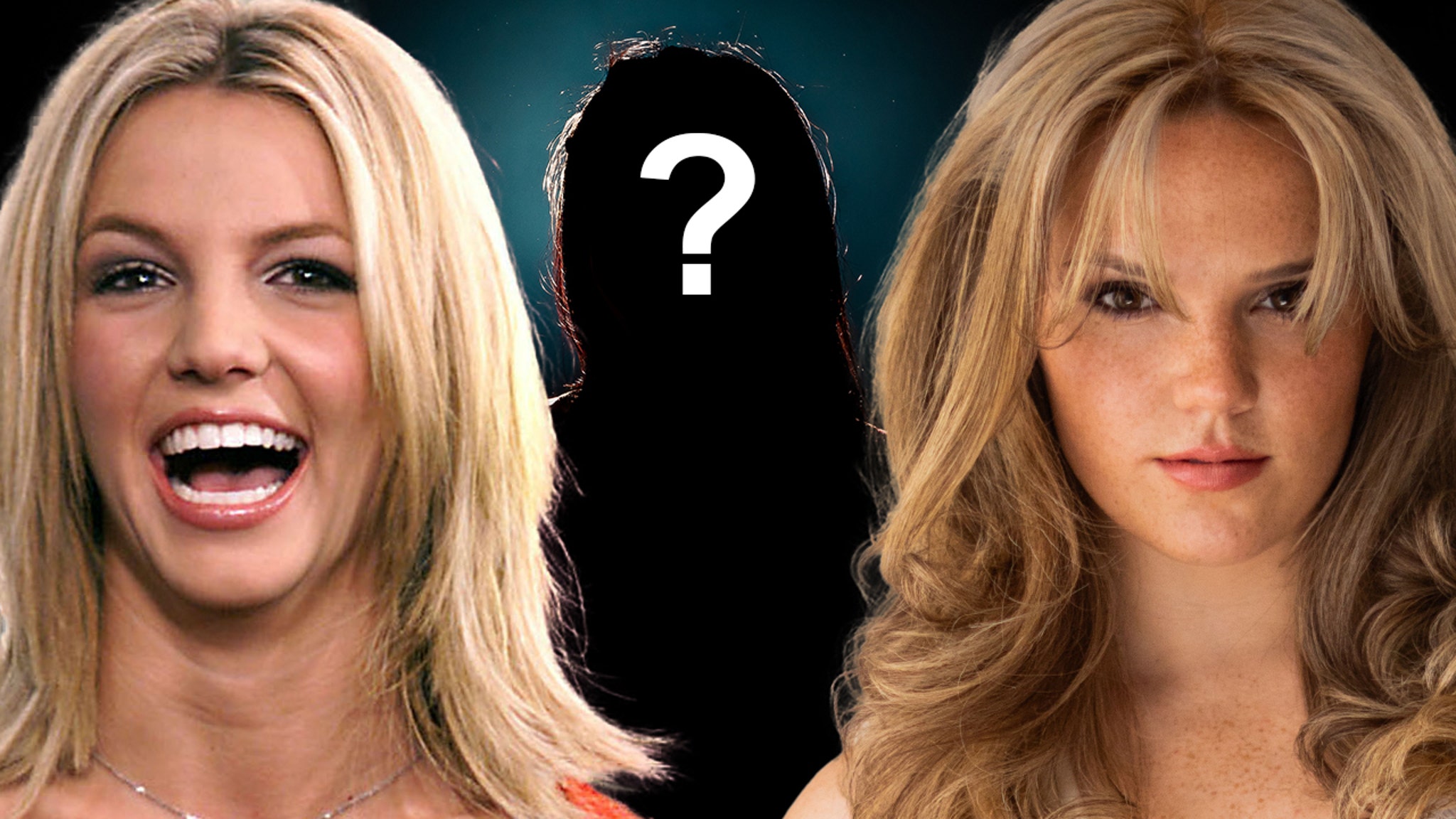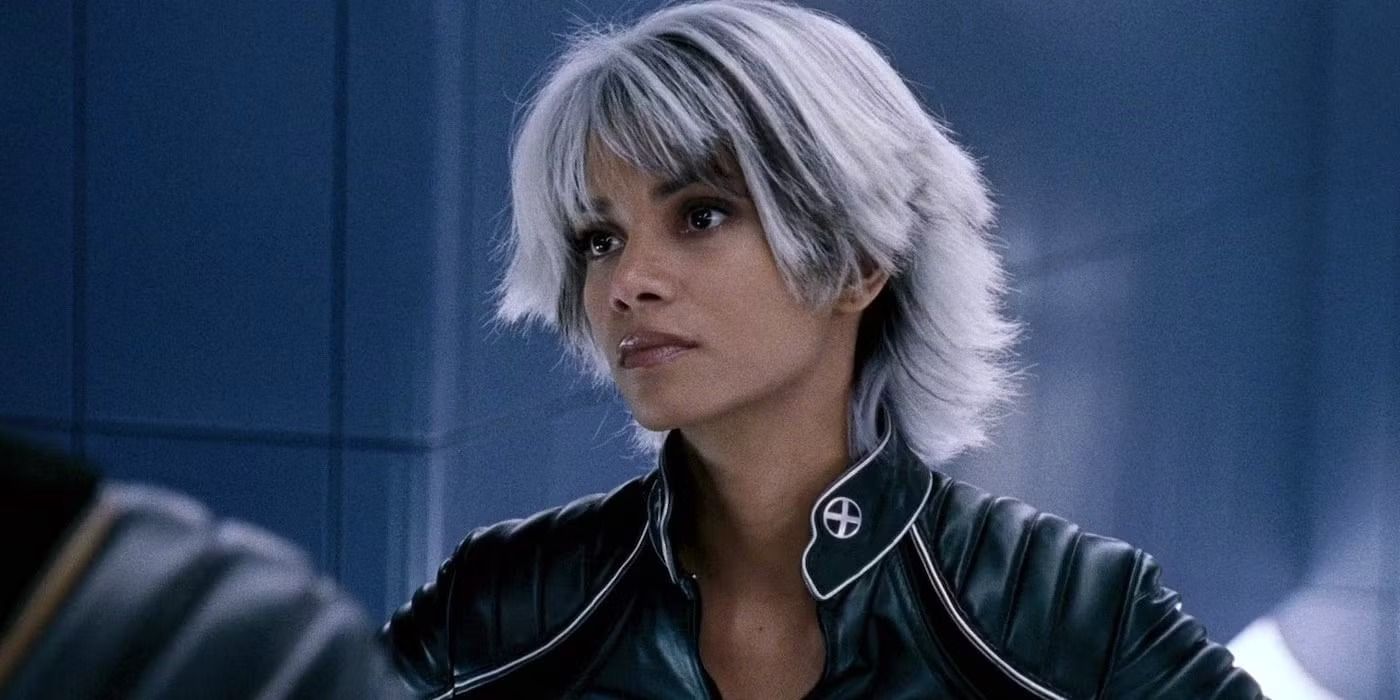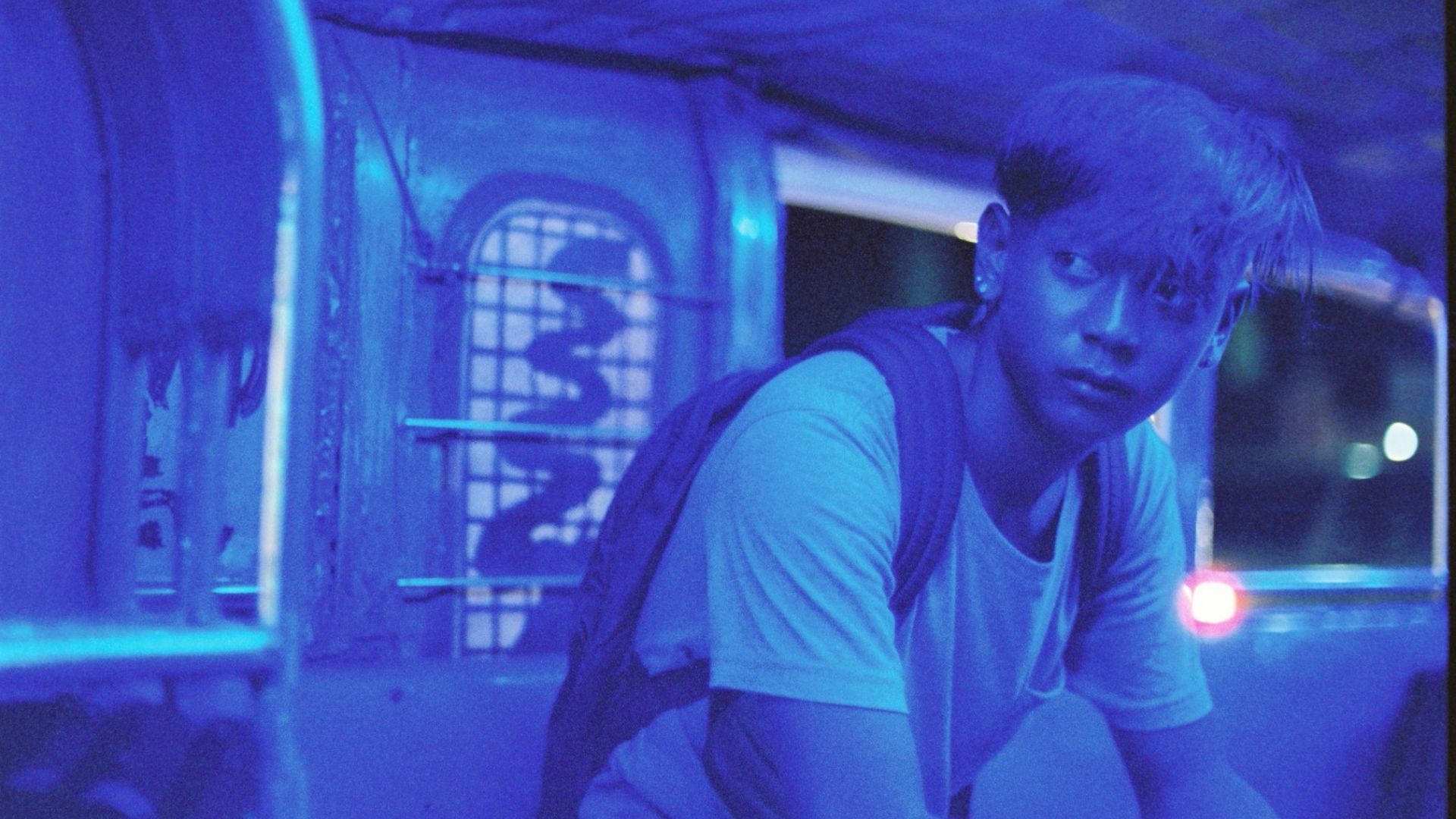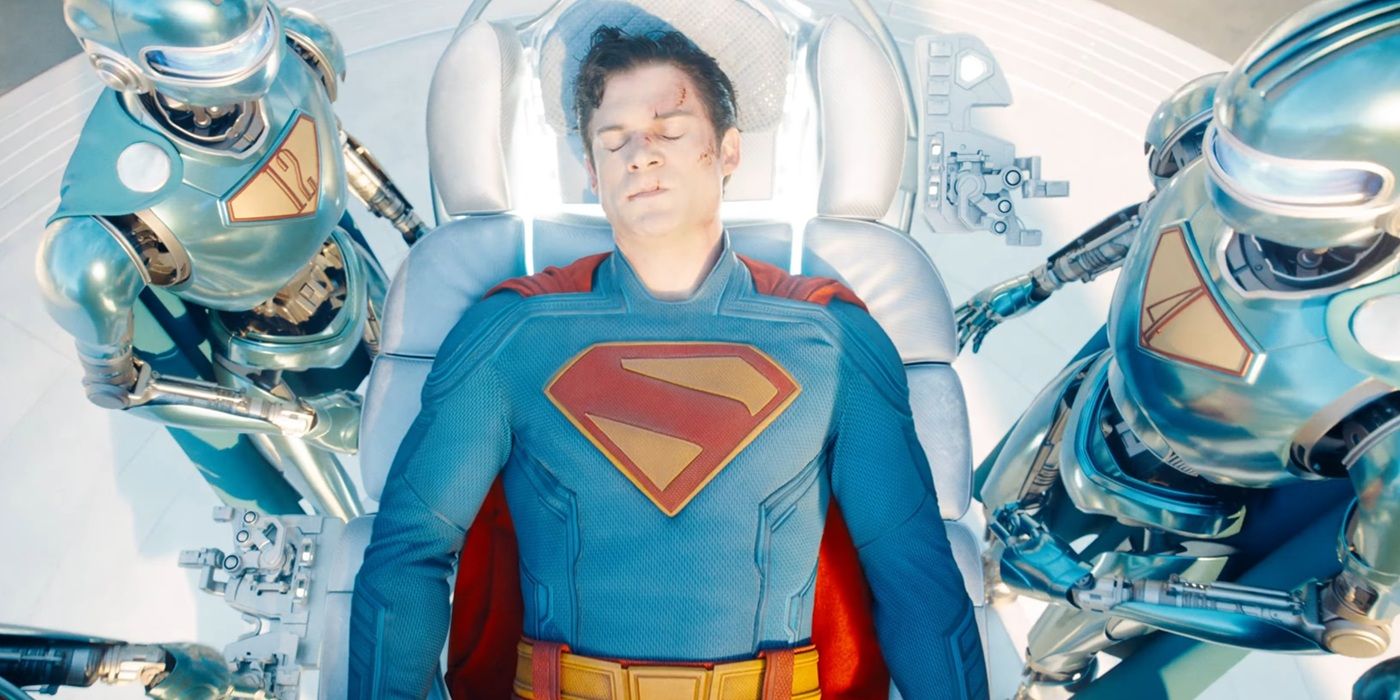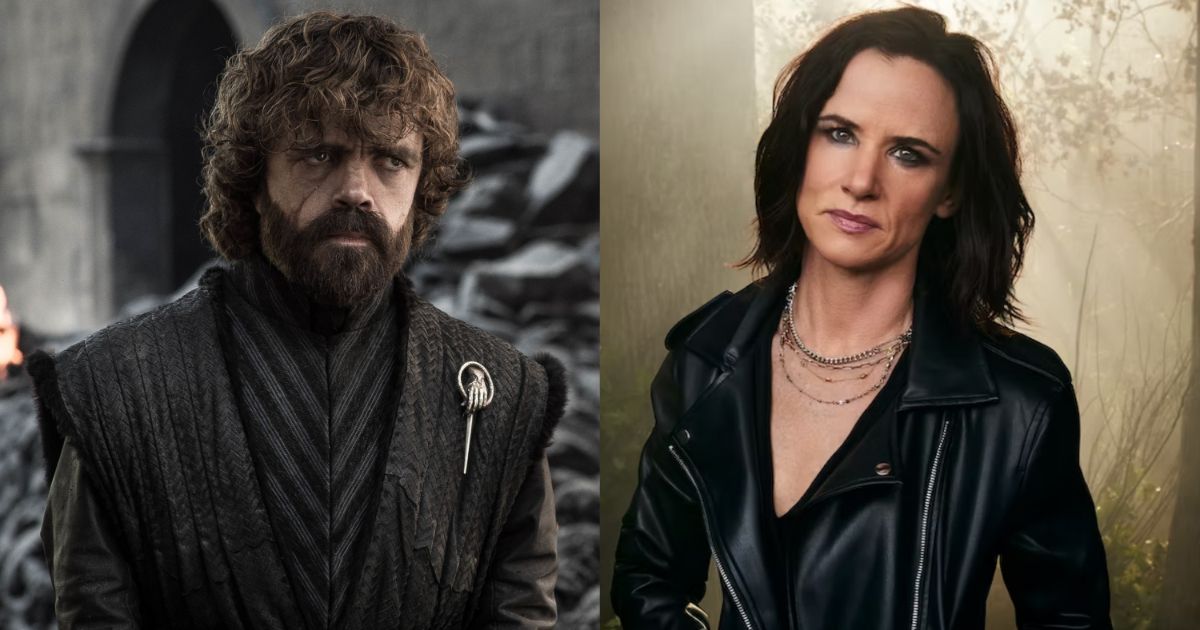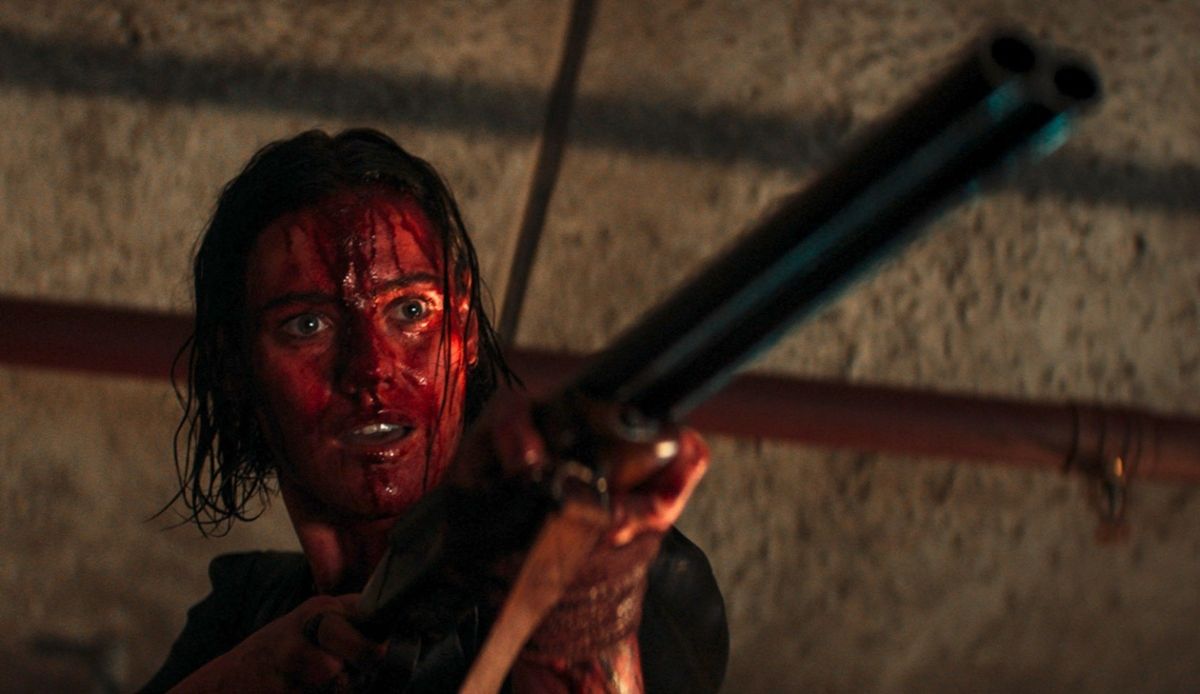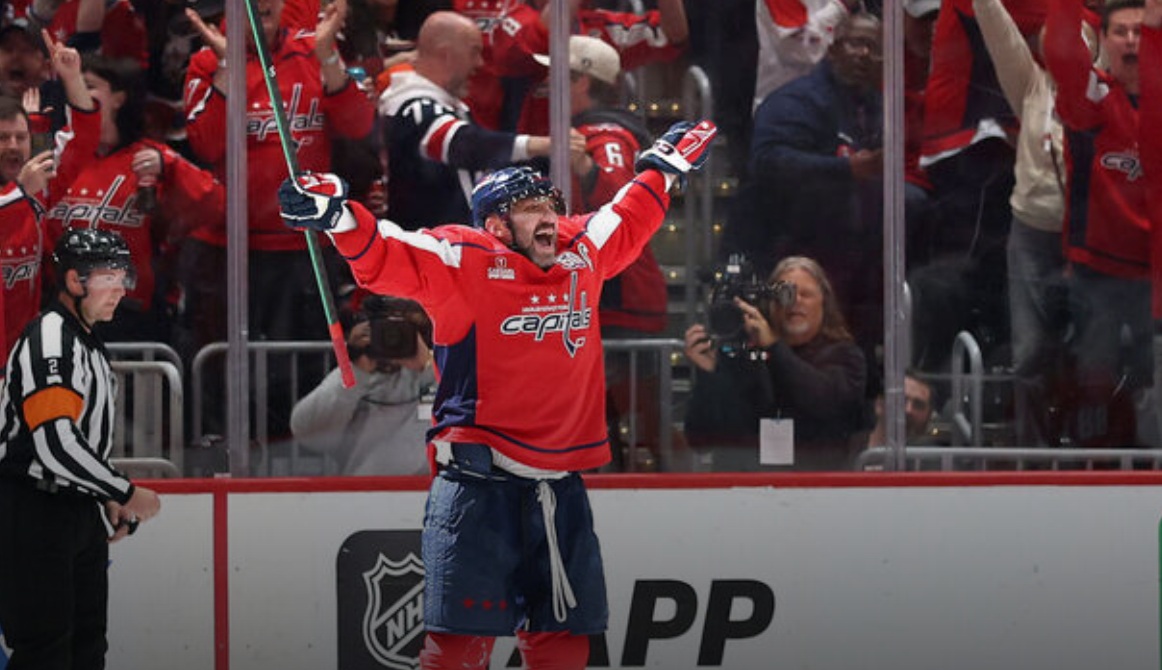*
A 2016 interview with Vanity Fair will come to be known as “the depression one,” the one where Bruce Springsteen admits publicly to a lifelong struggle with depression.
During the interview, writer David Kamp asks about Bruce’s motivation surrounding the physical transformation that took place between Nebraska (1982), where Bruce looks like a guy who read Flannery O’Connor short stories in a barn in Colts Neck, New Jersey (he was), and Born in the U.S.A. (1984), where Bruce looks like a guy who moved to the Hollywood Hills and began pumping iron (he did). Bruce will demur initially, mention wanting to stay healthy as he grew older. Of the ensuing muscles, he says: “I had a body that just kind of popped in six months.” But then he goes on, confessing (or maybe realizing): “‘I’m a man now.’ I remember my father at that age. There was the idea of creating a man’s body to a certain degree.”
In 1987, Bruce isn’t in Colts Neck or Los Angeles, but rather in transition. Tunnel of Love, his eighth album, is written at the intersection of his collapsing marriage to Julianne Phillips and increasing professional difficulty with longtime collaborators in the E Street Band. Lyrically, the album is stuffed full of songs that atomize notions of masculinity that have heretofore felt basically Springsteenian: what if true love isn’t a work that partners do, and so, isn’t a conceivable salvation after all (“Tunnel of Love”)? How long a life can be lived trying to convince oneself of one’s survival (“Tougher Than the Rest”), and when will the inner voice uttering the possibility of self-armageddon actually let up (“When You’re Alone”)?
The metaphors poking at Bruce’s terror of committment (to commit, “Spare Parts” posits, is to be left open to attack, vulnerable to the pop and then the depression) and ruptures in standable identities (forget crisis of masculinity, this is full-on crisis of conciousness) come to a literal head in “Two Faces”: “Sometimes, mister, I feel sunny and wild / Lord, I love to see my baby smile / Then dark clouds come rolling by / Two faces have I.” This is, of course, the plot of Innerspace.
*
If Tuck is one face, the cocky old-school rattle of Buick GTXs and smooching at the rock show, the great gambit of Innerspace is to literally bury him in the body of its second face, a five-foot-seven Canadian Looney Tune. Jack Putter, erstwhile supermarket clerk, is introduced sitting on the examination table at his doctor’s office, hair floofy, expression dazy and fried. He’s just described a recurring nightmare to his doctor, and it’s so deeply stressed him out that he falls off the table, rocks up and knocks down a tray of instruments. “The problem is,” his doctor offers, “medicine is not what you need, Jack. What you need is rest and relaxation. I think you need a total change of scene. Maybe a nice vacation. How does that sound?”
You can view the original article HERE.
